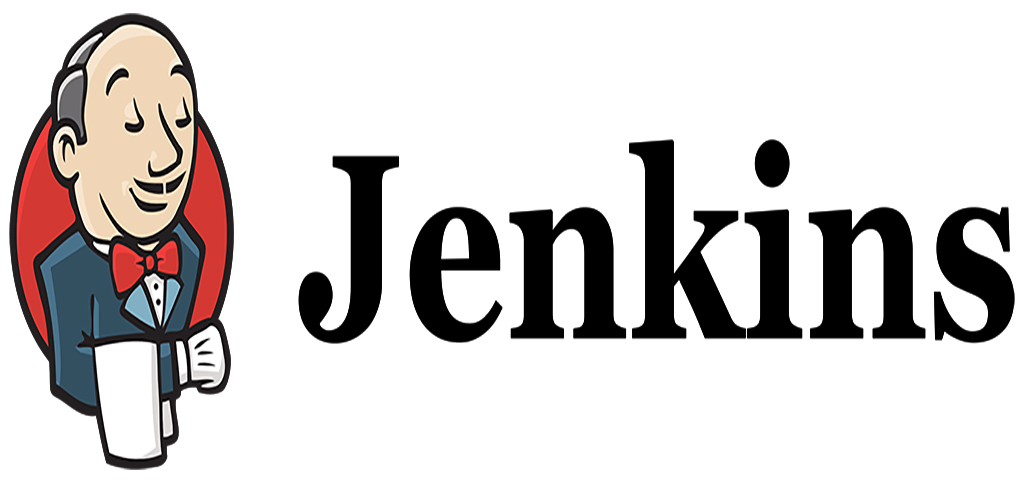 NEWS
NEWS
 NEWS
NEWS
 NEWS
NEWS
The open-source Jenkins Project has revealed it’s collaborating with Microsoft to utilize Azure cloud resources to meet its growing infrastructure needs.
Jenkins, a continuous integration and delivery solution that’s extremely popular with developers, will move its entire back-end infrastructure to Microsoft Azure. The change comes less than a month after the release of Jenkins 2.0, in anticipation of much greater demand that its new features are expected to create.
In a blog post, Microsoft Azure’s team stated it will be hosting a “modern, robust development and delivery infrastructure on Linux and Java in the Azure cloud”.
Jenkins is described as an open-source automation server that offers a wide array of developers tools for software projects within its ecosystem. It’s used by businesses of all sizes and also by individual developers. Jenkin’s existing, open-source infrastructure was built largely thanks to the donations of individuals and institutions, but its creators say it lacks the reliability and scalability that its users need.
Its new, centralized Azure-hosted infrastructure will include the main Jenkins suite, plus the Jenkins build that manages it. Both Jenkins 2.0 and earlier legacy versions are available on Azure, and Microsoft will offer a range of capabilities across Linux Virtual Machines, including load balancing, scaling and storage, plus software delivery on the Azure platform.
By shifting to Azure, Jenkins lays the foundations for tackling its scalability issues. Most developers are aware of Jenkin’s problems at massive scale, but its believed only a small number of current users have experienced them so far. The Jenkins’ community has therefore focused its efforts on addressing coding pipeline and security issues first, with a view to tackling scale at a later date. It’s likely Jenkins wants to establish itself on Azure first to see how it works as an environment before figuring out how to scale it up.
Jenkins has enjoyed some support from Microsoft in the past – Redmond has contributed numerous plugins such as the Azure Storage Plugin – but the new partnership gives it a greater degree of support than its ever had before. The team-up also benefits Microsoft, because it sends a signal that Azure is an ideal environment for open-source technologies to flourish within.
“As Jenkins continues to be widely recognized as the preferred open-source choice for many organizations to succeed and utilize continuous software delivery, this relationship comes at the perfect time for both the Jenkins community and Microsoft,” said R. Tyler Croy, Jenkins project board member and community evangelist at CloudBees, in a statement.
“Migrating to Azure simplifies and improves our infrastructure in a dramatic way that would not be possible without a comprehensive platform consisting of: compute, CDN, storage and data-store services. Our partnership covers, at minimum, the next three years of the project’s infrastructure needs, giving us a great home for the future.”
THANK YOU